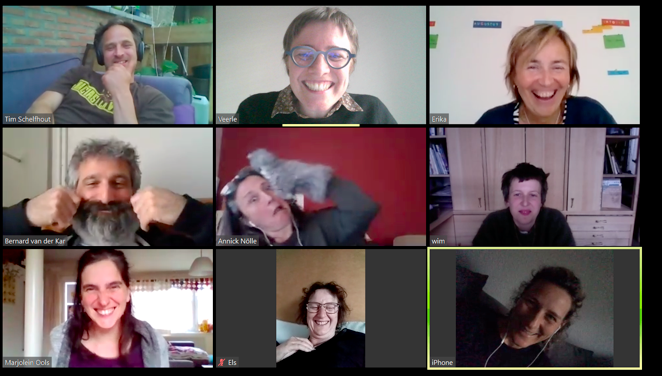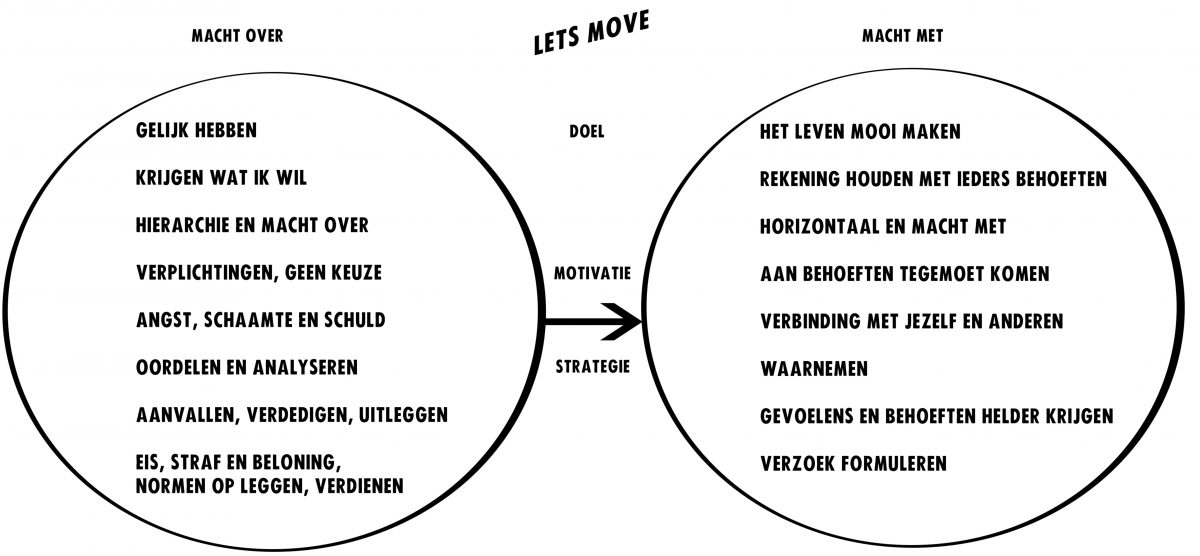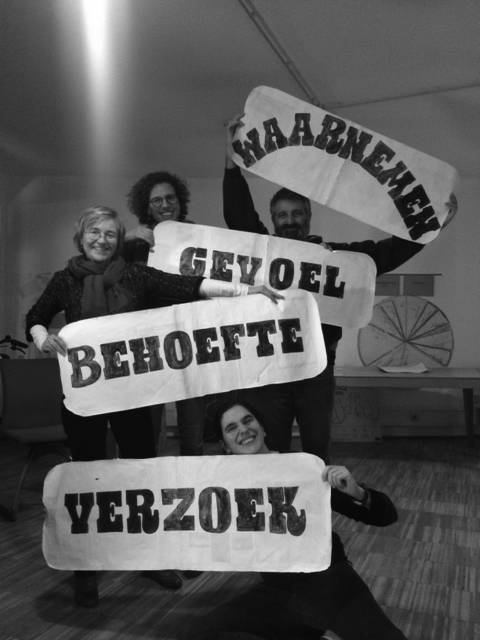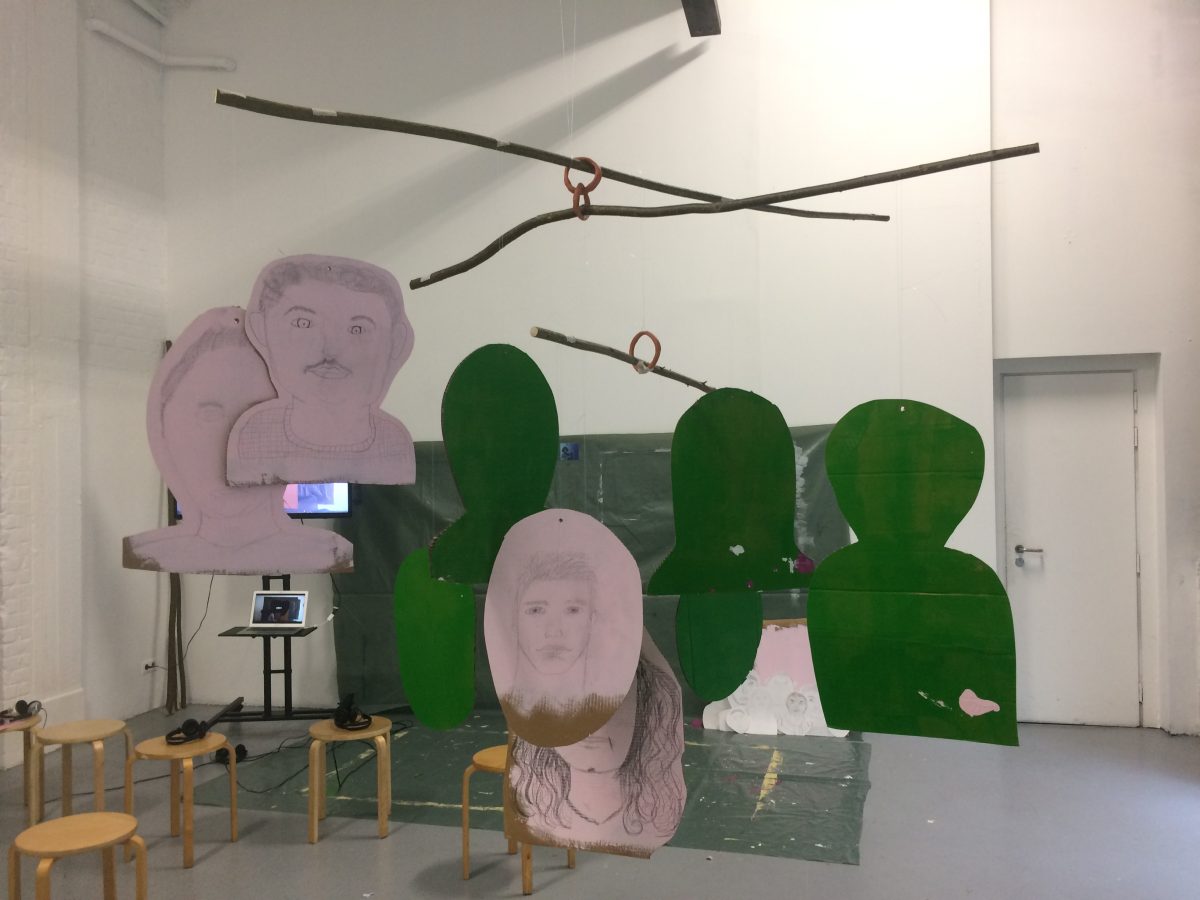I posted this phrase on facebook and someone replyed: What to do?
So here’s the short answer: hold everyone’s needs dear by recognising them.
Here’s the slightly longer answer: in The School of Empathy we explore a space in which we hold on to our needs while not losing sight of those of others.
Here are two examples that hopefully will get that more clear:
one from the space we grow up in. How in our society we are used to using language and what it is based on, and two: an example from the space we explore in The School of Empathy.
So let’s start with what we grow up in our society: imagine a couple of parents, picking up their kid at a friend’s place. Their kid does not want to leave, she would like to sleep over, but the next day the family leaves very early for a vacation, and the parents want the child to come home with them. In our society we tend to explain things or use moralizing language: “what are you coming up with now? you know we’re leaving early tomorrow on vacation, don’t you want to go? Or “you’ll go to bed way too late and be overtired” or “you should have said that earlier” or “be a nice girl and take your stuff”…. and so on and so forth.
In fact, the parents talk about their fears: it’s going to be complicated, she’s going to be tired, … or shame their kid with abstract principles like being nice.
In the space we explore in The School of Empathy, first off all we recognize needs. That’s how we connect with others. Even though I can’t meet your need right now, it still matters to me. This could go like this: daughter: “I want to stay here for the night”. Parent: “you would like to continue playing and having fun with your friend”…. “Yes, and what are we going to do on that camping anyway?…” “Ok, you’d like to have fun on vacation as well and you´re worried that you´re going to be bored out of your mind with only adults around?” “yes, adults always talk and talk and talk…” “you would like some company with whom you can share your stuff?”…
When we engage into a need based dialoog and when over the course of this dialogue we get the needs clear, we open up a field of possible other strategies to fulfill everyone’s needs. In our society we tend to hold on to our strategies. In The School of Empathy we are tenacious to our needs and flexible in our strategies. The form a fulfilled need takes in the material world is secondary. We prioritize the connection we make with others and we do that on the need level, which is to my knowledge the closest we come verbally to the universal energie that connects us all.



